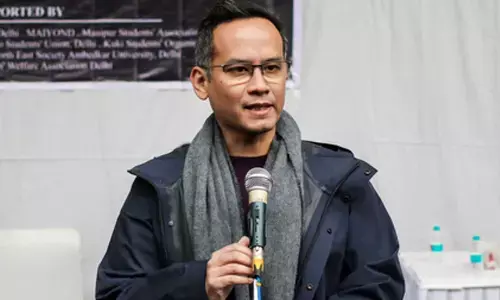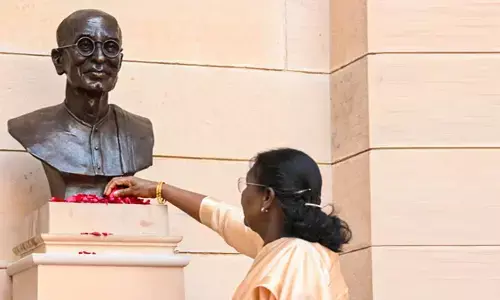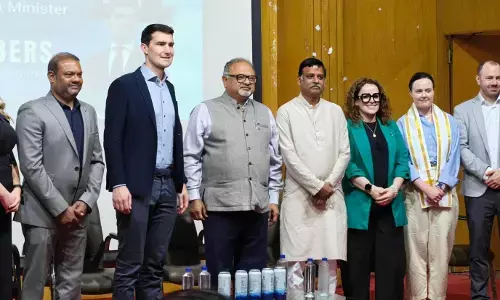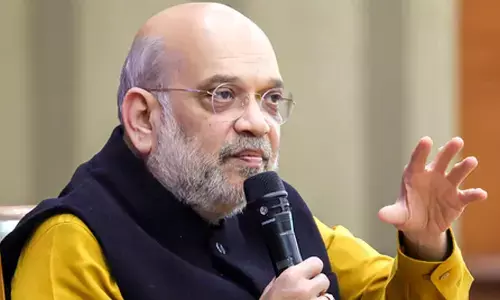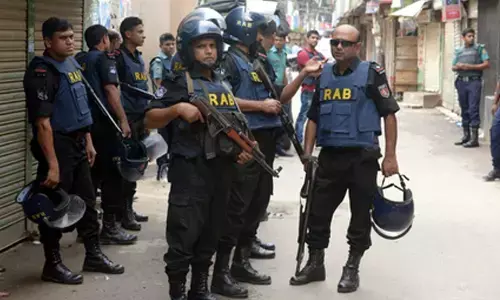Understanding Fundamental rights
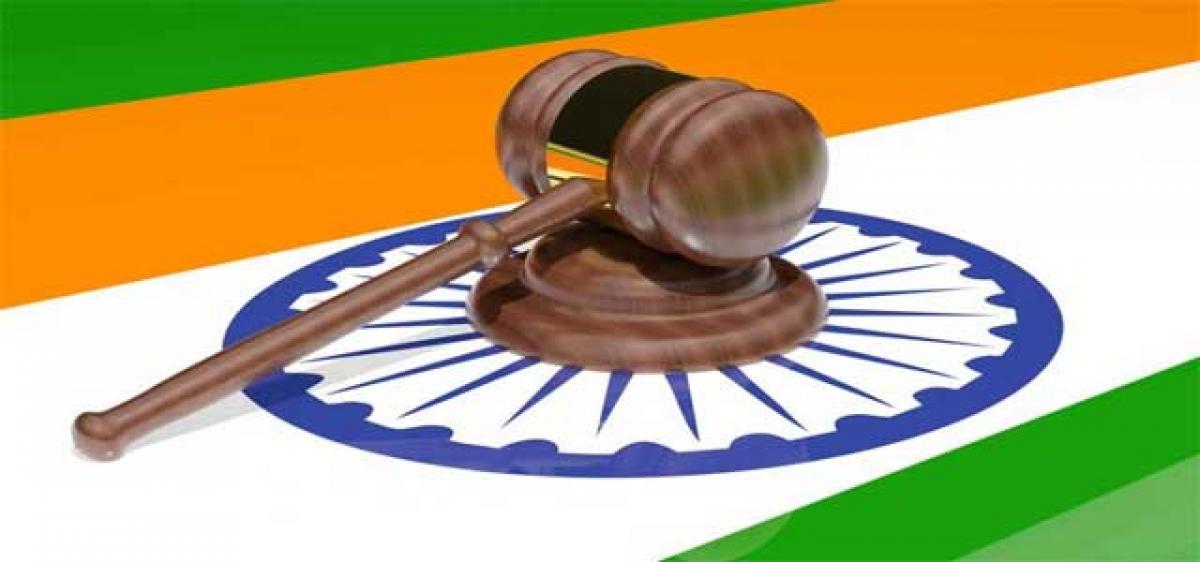
Part-III of the Indian constitution from article 12 to 32, contains fundamental rights. It is also called corner stone of the constitution and together with part-4 (directive principles and state policy) constitutes the conscience of the Constitution.
Part-III of the Indian constitution from article 12 to 32, contains fundamental rights. It is also called corner stone of the constitution and together with part-4 (directive principles and state policy) constitutes the conscience of the Constitution.
This chapter of the Constitution has been described as the Magna Carta of India.
Fundamental Rights are individual rights are enforced against the arbitrary invasion by the state except, in the case of Art. 15 (2), Article 17, Article 18(3-4), Article 23 and Article 24 where these can be enforced against private individuals also.
Also Read:
Understanding Fundamental Duties
The Fundamental Duties of citizens were added to the Constitution by the 42nd Amendment in 1976, upon the recommendations of the Swaran Singh Committee that was constituted by the government earlier that year...
Fundamental Rights Vs Fundamental Duties
Fundamental rights and Fundamental duties are two terms that appear to be one and the same when it comes to their meaning and concept. Strictly speaking they are not so. They are two different terms that are to be understood differently...
They are not absolute rights and parliament could put reasonable restriction. The grounds for the restriction may be the advancement of SCs, STs, OBCs, women and children; general public order; decency, mortality, sovereignty & integrity of India; security of the state, friendly relations with foreign states, etc.
According to Article 12, ‘the state’ includes the
1.Government and Parliament of India.
2.Government and Legislature of States.
3.All local or state authorities such as municipalities, panchayats, district boards, improvement trusts, etc . within the territory of India or under the control of Government of India.
Classification of Fundamental rights
Originally Constitution provided for seven Fundamental Rights viz.
1Right to equality (Article 14-18)
2.Right to freedom (Article 19-22)
3.Right against exploitation (Article 23-24)
4.Right to freedom of religion (Articles 25-28)
5.Cultural & edu rights (Article 29-30)
6.Right to Property (Article 31)
7.Right to constitutional remedies (Article 32). But, Right to property was removed from the list of the Fundamental Rights by the 44th Constitution Amendment Act, 1978 and after amendment, it was made legal right under Article 300-A in part-12 of the constitution.
At present there are only six Fundamental rights, six fundamental rights are described below in brief.
Right to Equality (Articles 14-18):
Article 14 (Equality before law):
- Article 14 says that state shall not deny to any person equality before the law or the equal protection of the laws within the territory of India.
- Art. 14 is available to any person including legal persons viz. statutory corporation, companies, etc.
- Art. 14 is taken from the concept of equal protection of laws has been taken from the constitution of USA.
- The concept of the rule of law is a negative concept while the concept of equal protection of laws is a positive concept.
- The concept of equality before the law is equivalent to the second element of the concept of the ‘rule of law’ propounded by A.D. dicey, the British jurist. But certain exceptions to it are, the president of India, state governors, Public servants, Judges, Foreign diplomats, etc., who enjoy immunities, protections, and special privileges.
Article 15 (Prohibition of discrimination on the grounds of religion, race, caste, sex or place of birth):
Article 15 says that the state shall not discriminate against only of religion, race, sex, place of birth or any of them.
Under Article 15 (3) & (4), the government can make special provisions for women & children and for a group of citizens who are economically and socially backward.
Article 16 (Equality of opportunities in matters of public employment):
Article 16 says that there shall be equality of opportunity for all citizens in matters relating to employment or appointment to any office under the state.
Article 17 (Abolition of Untouchability): Article 17 says that Untouchability is abolished and its practice in any form is forbidden. The enforcement of any disability arising out of untouchability shall be an offense punishable by law.
Article 18 (Abolition of titles):
Article 18 says that no title, not being a military or academic distinction, shall be conferred by the State. No citizen of India shall accept any title from any foreign state.
The awards, Bharat Ratna, Padma Vibhuhan, Padma Bhusan and Padma Shri, called as The National Awards would not amount to title within the meaning of Article 18(i).
Right to Freedom (Articles 19-22):
Article 19 (Protection of certain rights regarding freedom of speech, etc.):
Article 19 says that all citizens shall have the right
1.To freedom of speech and expression.
2.To assemble peacefully and without arms.
3.To form associations or unions.
4.To move freely throughout the territory of India.
5.To practice any profession or to carry on any occupation, trade or business.
Article 20 (Protection in respect of conviction for offenses):
Article 20 says that state can impose reasonable restrictions on the groups of security of the state, friendly relations with foreign states, public order, decency, morality, contempt of court, defamation, etc.
Article 21 deals with Protection of life and personal liberty.
Article 21A states that that state shall provide free and compulsory education to all children of the age of 6-14 years.
Article 22 deals with protection against arrest and detention in certain cases.
Right Against Exploitation (Articles 23-24):
Article 23 deals with the prohibition of traffic in human beings and forced labour.
Article 24 deals with prohibition of employment of children in factories, etc.
Right to Freedom of Religion (Articles 25-28):
Article 25 deals with freedom of conscience and free profession, practice, and propagation of religion.
Article 26 deals with freedom to manage religious affairs.
Article 27 deals with freedom as to payment of taxes for promotion of any particular religion.
Article 28 deals with freedom as to attendance at religious instructions or religious worship in certain educational institutions.
Cultural &Educational Rights (Articles 29-30):
Article 29 deals with the protection of language, script, and culture of minorities.
Article 30 deals with the right of minorities to establish and administer educational institutions.
Right to Constitutional Remedies (Article 32):
Article 32 deals with the right to move to the supreme court for the enforcement of Fundamental Rights including the Writs of (i) Habeas corpus, (ii) Mandamus, (iii) Prohibition, (iv) Certiorari and (iv) Quo warranto.



